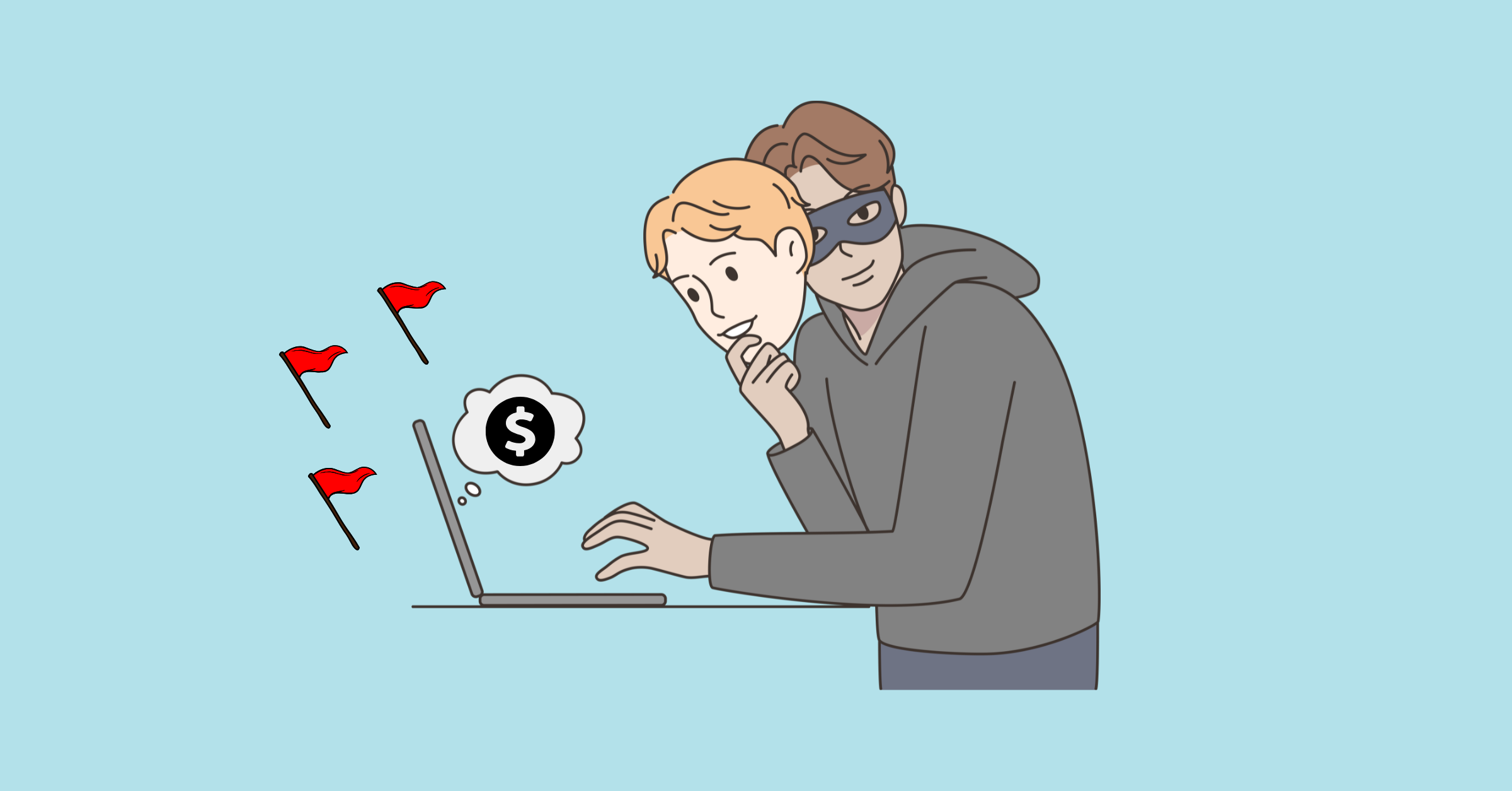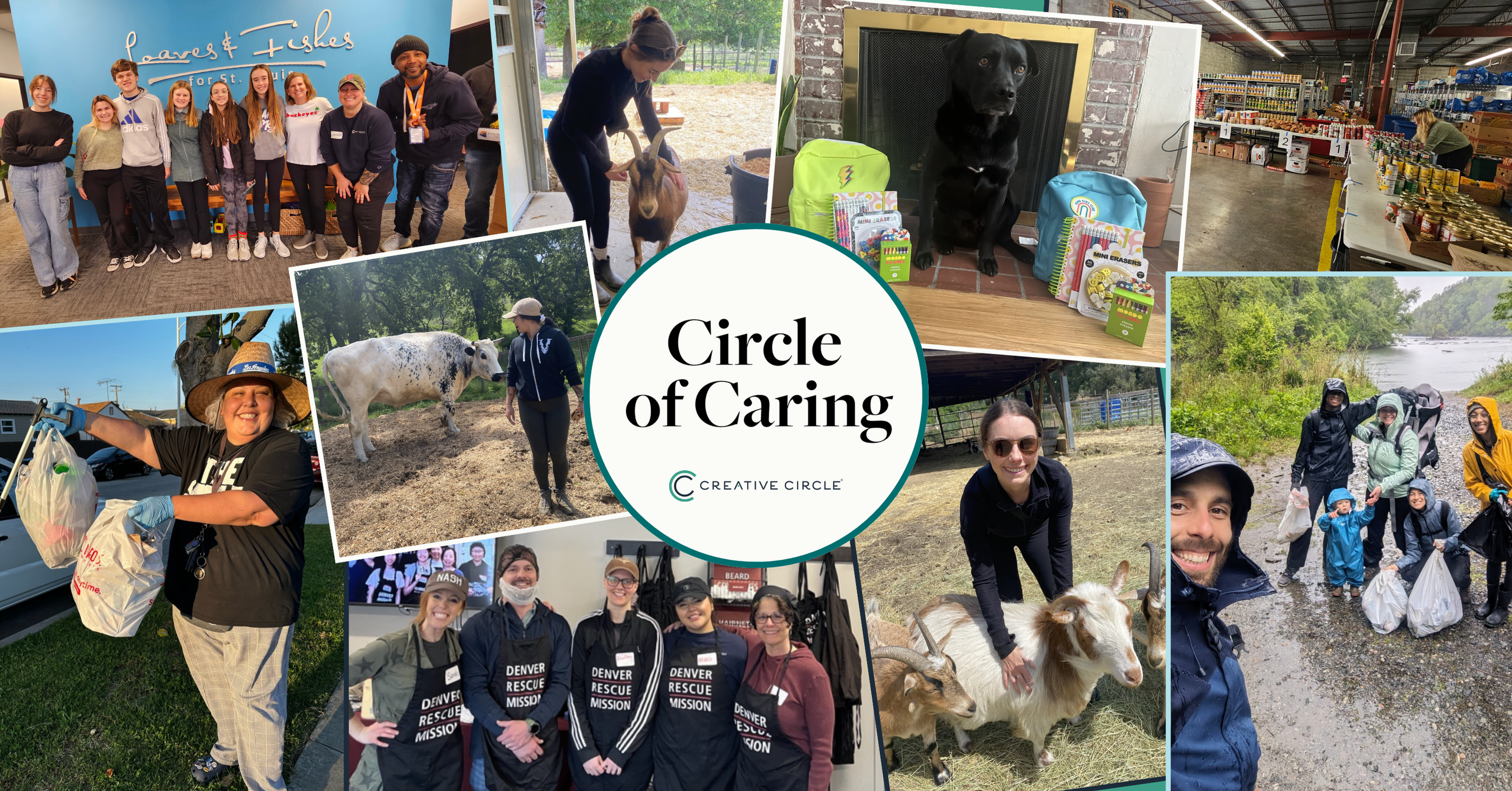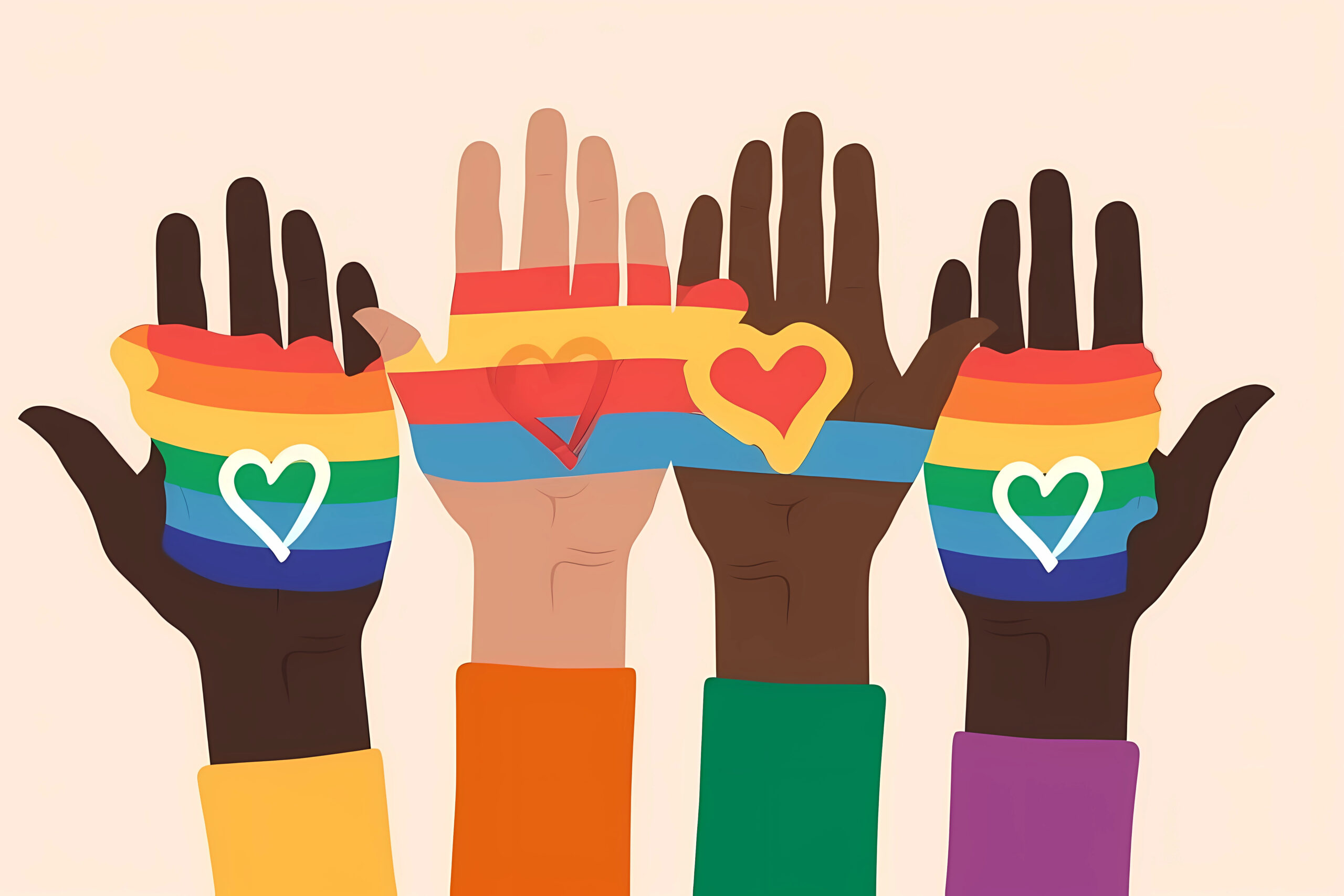As we adjust to the new normal of social distancing during the COVID-19 pandemic, lots of emotions are running high. People feel worried, disoriented, lonely, sad, and uncertain about the future. If, as a freelancer, you’re also adding financial disruption to the mix, it’s a lot of change to handle. Here are some tips to manage stress and support your mental health right now.
The limbic system, the part of the brain which regulates our stress response and controls our emotions, is certainly being stimulated during this historic moment. The amygdala responds to potential threats to our safety (think: the primal “fight or flight” response). It elevates our emotions — particularly, fear, anger, and anxiety. That warning system has its place, but over-stimulation in the form of chronic stress also has long-term health consequences. The trick is to switch gears to more rational thought, to slow things down. That’s not to say that denial is a good approach. But there are ways to nurture ourselves and approach the situation with a greater sense of calm and resilience, in order to support our overall wellbeing.
Limit Media Exposure
Studies show that exposure to bad or negative news takes a toll on your mental health. Find the balance between staying informed and triggering yourself. New information continually arises as the medical community works to better understand the spread of novel coronavirus (COVID-19). Some good sources include the WHO and CDC, and your local or state government (for updates on closures, rules, and recommendations). You probably don’t need up to the minute stats or a never-ending dose of theories or opinions.
If you have trouble avoiding the temptation to go down a news or social media rabbit hole, try to set a specific time of day when you will tune in. Perhaps that’s after you do your first chunk of work in the morning or in the early evening. You can use apps on your phone or browser extensions like WasteNoTime or StayFocusd to limit screen time.
Also consider the type of entertainment that you are viewing. While it’s tempting (and very popular) to binge all the movies about pandemics, this might be a better time to focus on humor and lighter fare, particularly before bed.
Learn to Adapt
One challenge of dealing with stress right now is that you might not have access to the same resources that you rely on to manage it under normal circumstances. Your gym is closed, there are limitations to how you can spend time with friends, maybe you can’t visit parks or get out of town.
But, at the same time, new opportunities are opening up. There’s a wealth of free classes available online, free movies, and even free audiobooks to check out. People have more time available and suddenly everyone — including millennials who normally avoid chatting on the phone — wants to catch up, often over Zoom or FaceTime. Reach out to your support network and schedule time for social interaction during your day.
The Headington Institute, which works with emergency responders on resilience and trauma recovery, explains that “adaptive engagement” is critical right now. That is, “remaining flexible to changing conditions around us and leaning into what we can do and what we can control.”
Sure, you might not be able to buy plane tickets for your next adventure, but you can start researching a trip. Maybe you can’t take an in-person CrossFit class with your favorite trainer, but you can workout at home. Spend some time working on the things that you never seem to be able to get to.
Getting back to the basics means getting sufficient sleep, eating nutritious food, and moving your body, says Jill Dovale, a master of social work candidate at NYU. She suggests doing at least one thing a day that brings you joy. She also recommends making lists and posting them on the fridge or near your desk. Some ideas: write out the things that soothe you, list the people who you find safety and connection with, or post the things that you’re grateful for. These reminders can serve as a “visual trigger to take care of ourselves,” she says.
Acknowledge What’s Coming Up for You
“You’re a human being having a human experience,” says Dovale, so it’s important to acknowledge that we have feelings and thoughts about what’s happening in the world around us. The key, she continues, is to work to establish “consistency and stability for the body and mind.”
Resist the temptation or pressure to think that it’s possible to be productive all of the time. Create boundaries for yourself and have self-compassion if you just need to space out and watch TV. You might not be able to attack every single home project that you suddenly have more time for.
Dovale suggests setting a timer for two minutes at least once a day to simply check in with your emotions. You can ask yourself, “what emotion is coming up for me?” and “where in my body?” to get valuable information about how you’re really feeling and to center yourself.
Have an Accountability Partner
With social distancing, it can be tempting to slip into bad habits or to lose our balance and spin out of control. Try to find a friend or loved one who you can check in with about any goals, whether work-oriented or personal habits, or even to check in about your mood. Consistency is key.
Some Tools if You Start to Panic
If your mind is racing or if you feel like you’re struggling, try to get centered in your body. Dovale, a serious meditator, points out that centering in the body is skillful because the body moves more slowly than the mind.
You can pause, breathe, then look around the room and find an object for each color of the rainbow (ROY G BIV). Alternatively, you can check in with each of your five senses. Ask yourself what you see, hear, feel, touch, and taste. Dovale encourages using these grounding activities or other useful exercises for self-regulation and self-compassion.
If you need additional support, the PinkyMind app is an option to connect with a licensed therapist, and many cities and states are providing mental health hotlines. Ask for help if you need it.
COVID-19 is changing many things about the way we work and live. We will get through this. Try different things along the way to encourage and support yourself in this uncertain time.
About the author.
Jess Powers writes about marketing, food, and wellness. She has experience in nonprofit communications and emergency management. Follow her @foodandfury.



